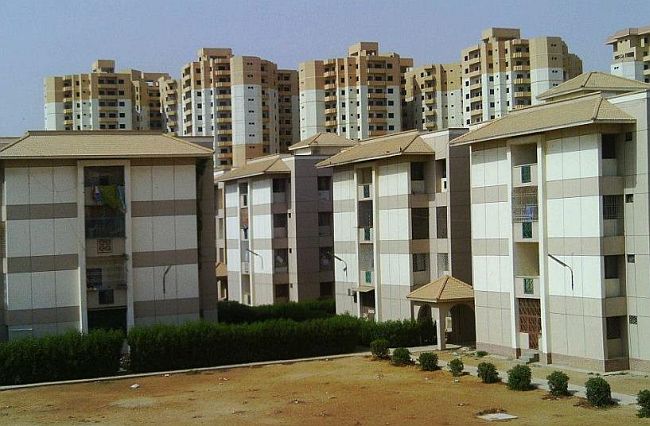As the budget speech comes out, it is becoming evident that the breathing space that was given to non-filers in the past is slowly being taken away. Until recently, capital gains tax applicable on securities and real estate was seen to be 15% for assets held for less than one year. It seems that the grip is being tightened. Under the new proposals, filers are going to be treated the same way as before being charged 15% for buying and selling these assets.
The hammer is going to come down on the non-filers who are going to end up paying tax rate as high as 45%. This is applicable on both real estate and securities meaning that for every Rs 100 earned by a non filer on these assets, they will end up giving almost half of it to the government. The move is a stick approach against the non-filers to broaden the tax net. The goal of the government has been to broaden the tax base according to the demands of the IMF.
The non-filers are being shown a carrot in the form that if they become filers, their tax rate will fall by two-thirds. Real estate is seen as a sector which does not end up paying its fair share of tax and needs to be treated in a fair manner. The real estate will also see Federal Excise Duty of 5% being charged. The purpose of this duty is to reduce speculation in the real estate industry. This duty will be placed on new plots, residential and commercial properties. At this point, it is unclear how FED will be determined and implemented as most of the deals are carried out in an informal setting. Still it can be seen that the government has taken a right direction in terms of taxing real estate.
Federal Finance Minister Muhammad Aurangzeb, during his budget speech in the National Assembly, announced that filers will now face a 15% tax rate on the purchase and sale of property. In contrast, non-filers will be taxed at a rate as high as 45% for similar transactions. Additionally, the budget introduces separate tax rates for filers, non-filers, and late filers concerning immovable properties.
The minister emphasized that these changes are aimed at documenting the economy and addressing rumors within the housing sector. He noted that these measures would also help ensure proper accommodation for the public by promoting transparency and accountability in property transactions.
The government’s target for the upcoming fiscal year is to generate Rs 477.11 billion from income tax on properties. This initiative is expected to play a crucial role in achieving this revenue goal while fostering a more structured and documented real estate market.




